We were delighted to sit with Morgan Rogers and chat about her debut novel, Honey Girl, out this month. Morgan writes books for queer girls who are looking for their place in the world, and we’re so grateful she does. Jasmine Guillory called Honey Girl an emotional, heartfelt, charming debut. It tells the story of 28-year-old Grace Porter, a straight-A over achiever who would never head to Vegas and marry a woman whose name she doesn’t know … until she does. Will she lean into this new life that’s such a departure from all she ever planned, or will she fall back on old habits?
Buy your copy of Honey Girl on Bookshop today and support your local indie bookstore. Want to show Black-owned bookstores some love? Here are a few we think you’ll love (and you can order through them, too!).
Chatting with Morgan Rogers on Honey Girl
What surprised you most about the process of writing this first novel?
The thing that surprised me most about writing this novel was that it did not become this novel until maybe the fourth or fifth iteration. There were things about Grace Porter that didn’t surface until my very last time editing. Some of her motivations and wishes and desires were still hidden until I had both the input from my amazing editor and also an entirely different headspace. I always hear the phrase, “writing is re-writing,” and I think the depth of that truth didn’t really hit me until I was knee-deep in revisions and realizing, like, wow, I needed so much more time to figure out how to say this, but now I can. Surprise!
In an interview she recorded with Balticon 34 in April 2004, Octavia E. Butler talks about wanting to “desensitize” readers with her writing and show them the “world as she wishes it worked” in her novels. One of the things I really loved about Honey Girl is that you don’t waste time explaining or trying to convince the reader that Grace Porter, your main character, and the rest of her friends, who are LGBTQ+, deserve to exist when it comes to their sexuality.
Instead, your writing creates these characters as messy and flawed human beings doing mundane day-to-day activities, like going to graduate school, trying to live up to their parents’ expectations, and falling in love. Why did you feel this was a significant angle to take with your writing? And did you feel, like Ms. Butler, that you were simply writing the world as you saw it or as you wanted it to be in your writing?
I know in theory it’s significant, but honestly, it doesn’t feel that big to me. Grace Porter is queer. Grace Porter is a lesbian. All her friends are queer. Queer people do really mundane things like work and go to school and date and even disappoint their parents for reasons other than being queer! I wrote a world that is very similar to mine, because I’m a queer person with queer friends and we just do really boring things like complain in our group chats and forget to pay bills. It doesn’t feel revolutionary to me because we are out here living our not-very-exciting lives, but then I remember in the larger scheme of things, us living our lives is revolutionary.
All of that is to say, I didn’t go in with any particular mindset except portraying queerness the way it is in my little corner of the world, and now in Grace’s, too. In academia and the corporate world adjacent to it, the reality is very cis-heteronormative and white, so that’s the reality I put on the page. I wish the world did not work that way, but it does. So, to answer the question, I feel like I was writing the world as I saw it and also how it really is, which is a world in which queer people, especially queer people of color, live and breathe and survive for as long as we can.
There is a strong sense of community and collective care that is frequently referenced in Honey Girl. At times, Grace is treated with more love and acceptance from her “chosen family” than her blood relatives. What made you create such a multilayered approach to family and community care when portraying Grace’s support system?
I say this all the time, seriously, but I feel like “found family” or “chosen family” is such an important component of the varied queer experience. It’s so hard to be alone, especially with people who are your blood, and may still love you, but can’t really understand something that makes up such a huge part of you and influences the other intersections of your identity. You need queer friends and queer friends that feel like family because those are the people you lean on and learn from and support on your respective journeys.
For Grace, her chosen family provides her with unconditional love and unconditional honesty. She makes a lot of mistakes, and she gets in her head a lot, and they are right there to be like, hey, you are not the only person going through this thing. They all have their own lives and issues, and though not every problem revolves around their LGBTQ+ identity, because they are all sharing this queer identity, they are able to be their full, authentic selves when they are vulnerable and asking each other for help.
At the same time, I wanted to show Grace’s mom and dad as people she thinks should be infallible and all-knowing, but she has to realize that’s not possible. Parents are not perfect. Parents don’t know everything, or even half of everything. They are flawed people who make mistakes like anyone else. Sometimes those mistakes can be apologized for and relationships redeemed and repaired, and sometimes not. Sometimes the best thing is for people to break off from their parents entirely. It was important in Grace’s journey for her to start to think about the type of relationship she wanted with her parents that was best for all them and didn’t sacrifice her mental and emotional health.
Basically family, in all of its manifestations, can be really complicated and intricate and nuanced, and there are so many different ways to build one or multiple with the different people in your life.
What books have you read recently and loved, that inspired Honey Girl in some way or that you very much look forward to reading?
Recently I’ve read and loved Happily Ever Afters by Elise Bryant, Saving Ruby King by Catherine Adel West, Such A Fun Age by Kiley Reid, The Monster of Elendhaven by Jennifer Giesbrecht, Upright Women Wanted by Sarah Gailey, and of course, Gideon the Ninth by Tamsyn Muir.
There are so, so many books coming out this year that I want in my eyeballs immediately. I can’t list them all, so here’s five:
The Other Black Girl – Zakiya Dalila Harris
This Close to Okay – Leesa Cross-Smith
The Unbroken – C. L. Clark
A Queen of Gilded Horns – Amanda Joy
Dead Dead Girls – Nekesa Afia
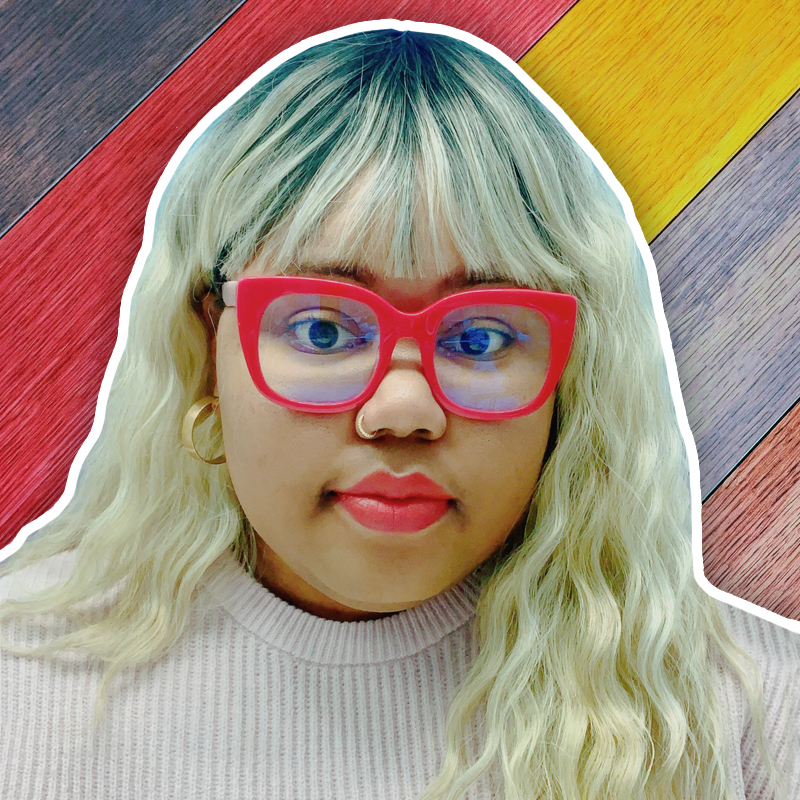
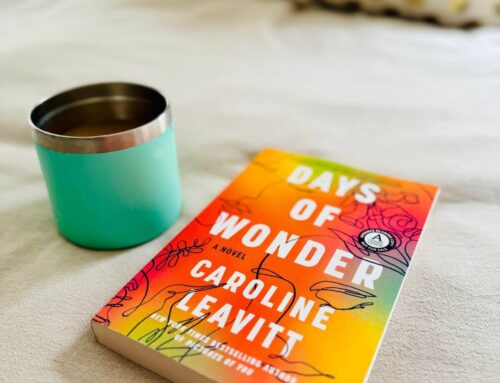
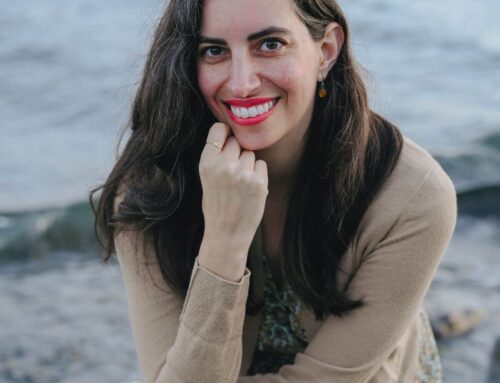
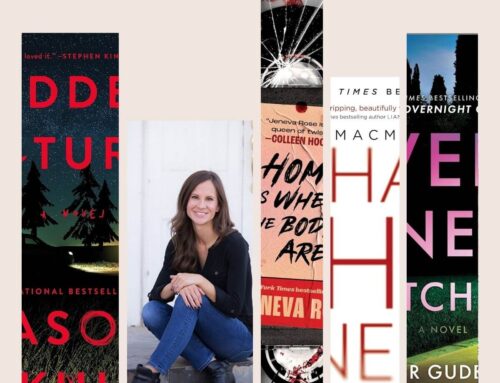
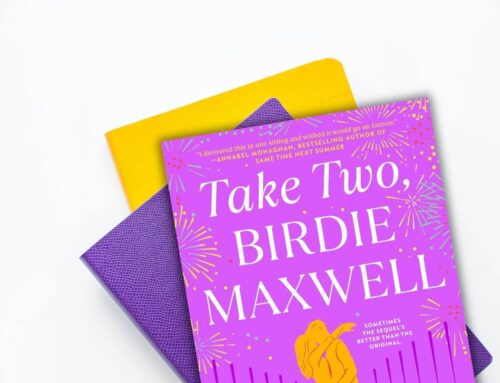
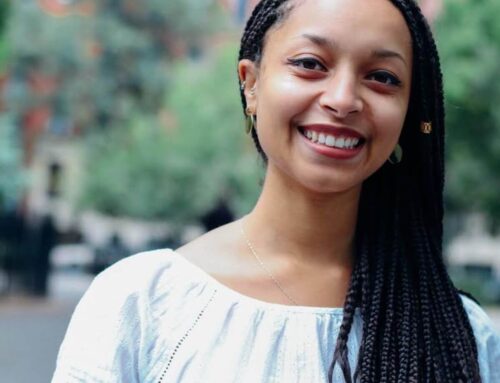
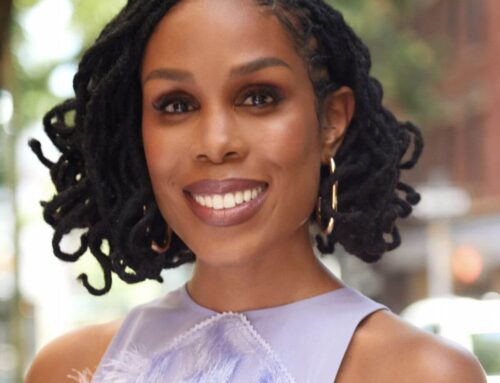
Leave A Comment